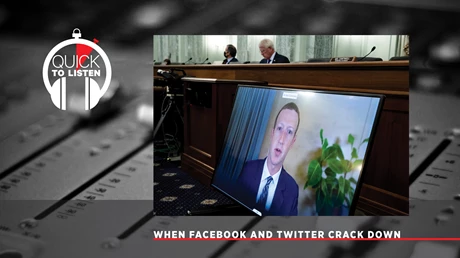Legendary University of Tennessee Lady Volunteers basketball coach Pat Summitt was diagnosed with early-onset dementia. The 59-year-old, winningest college basketball coach of all time made the announcement and would attempt to continue coaching as long as she could.
It was a shocking announcement not only to UT fans but to sports fans in general. Summitt had always seemed so indestructible. But even the strongest of men and women still face challenges in life that are common to everyone. As the news unfolded, one thing stood out to me, and that was the support that Summitt received from others including her players, both past and present.
One of her athletes, junior guard Taber Spani, made this statement: “As players and coaching staff, we’re in this; we’re all together. This is something we’re going to come together as a group on.”
Throughout her career at UT, Spani had been up-front about her personal faith in Christ, and to me, she certainly brought glory to Him with her words. As Christians, it is our responsibility and honor to bring the love of Christ to those around us who are hurting or in need and to be His hands and feet for them as they face their battle.
Spani hit the nail on the head by saying they were in it as a team. I truly believe that she and the Lady Vols came together in support of their coach and found new depths of camaraderie and teamwork in the process.
And, as followers of Christ, the same thing can happen to us if we allow it.
Team Jesus is Team “We’re All in This Together”
 In life, we are all parts of various “teams.” Whether those are literal athletic teams or figurative ones such as families, circles of friends, churches, or business offices, these teams all operate on the same concept of working together as a group and offering mutual support.
In life, we are all parts of various “teams.” Whether those are literal athletic teams or figurative ones such as families, circles of friends, churches, or business offices, these teams all operate on the same concept of working together as a group and offering mutual support.
Teamwork is also a concept that was highlighted in the Bible many times when referencing the Body of Christ (1 Corinthians 3:9). God meant life to be lived out in a total team effort. If lived properly, no one should be in it alone – not when there is a world full of Christians who are called to serve the Lord by serving others. As His representatives here on earth, it is our role to come alongside those who are struggling and offer them His love and support.
Think about your “team” today. Is one of your teammates, friends, coworkers, or family members struggling? If so, take the opportunity to put your faith into action by rallying around them.
It’s a blessing and a responsibility to be the love of Christ to others. Through your actions, they will be able to see and experience the love that God has for them and will be encouraged to trust Him through the challenge. Think about it.
So, What’s The Play Call?
- Think of a time when you’ve been in need and others came alongside you to offer support. How did that make you feel? What did you learn about Christ through that experience?
- How does supporting others and working as a team demonstrate Jesus’ love?
- Is there someone in your life who needs your support? How can you rally around them and show them the love of Christ?




